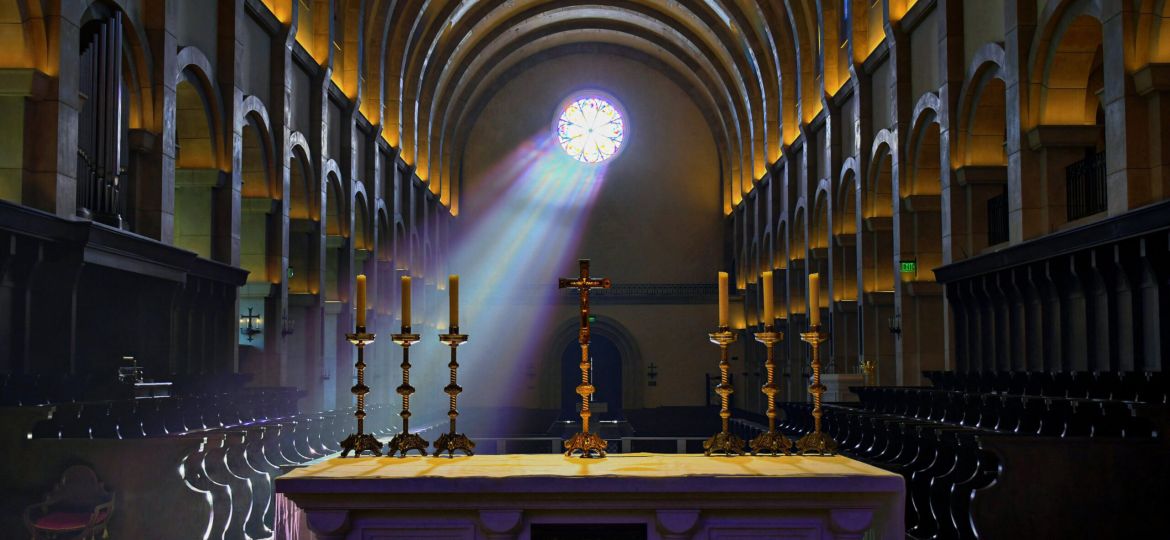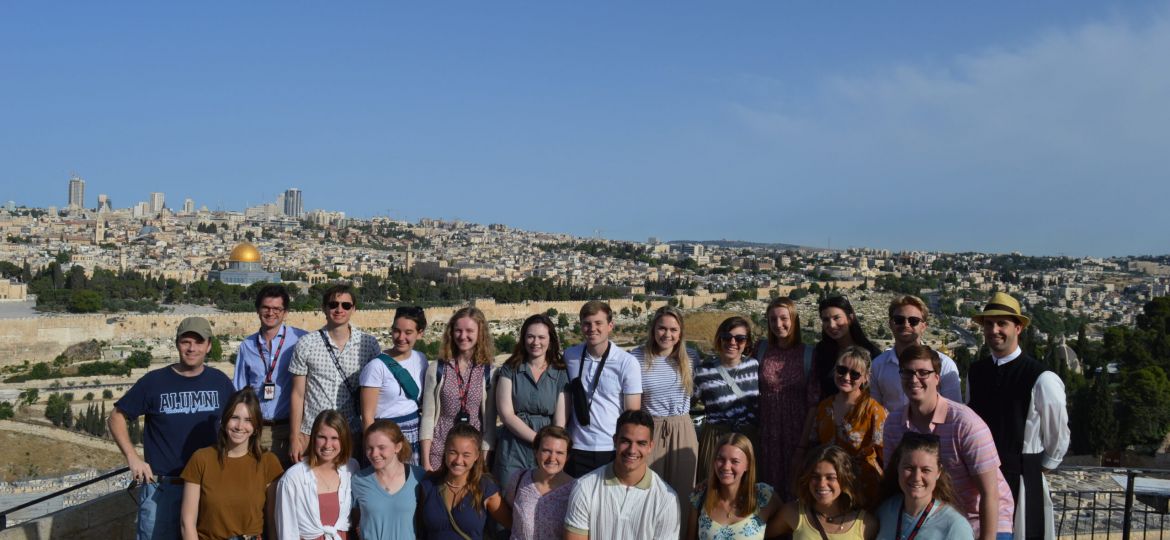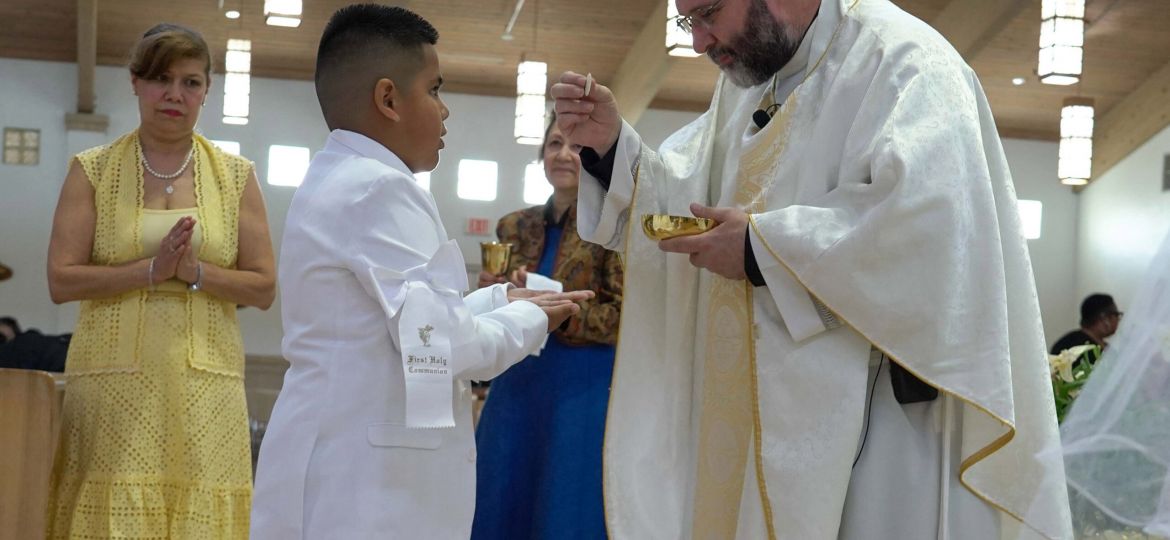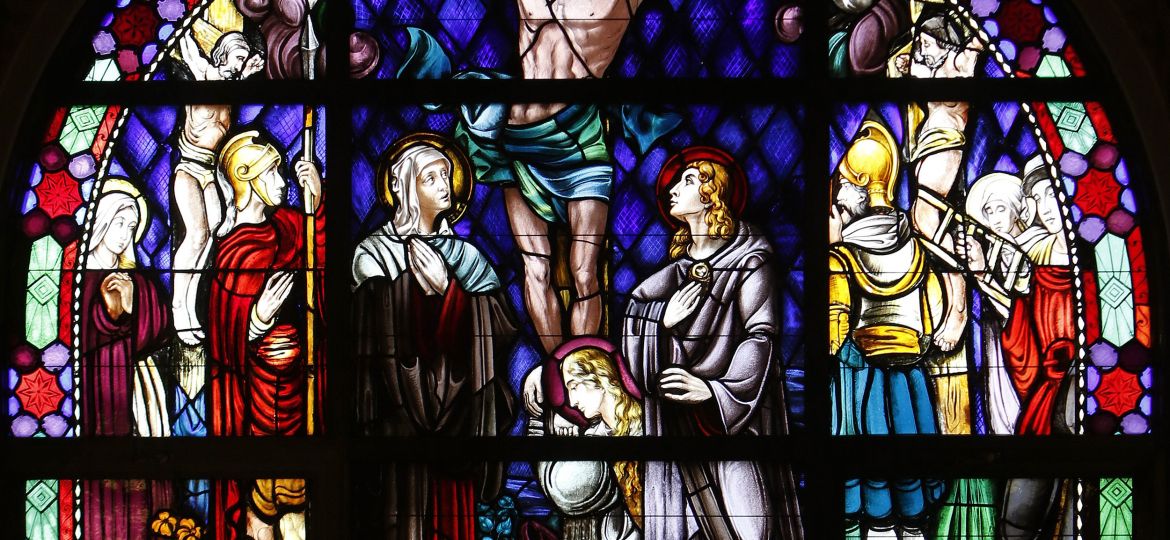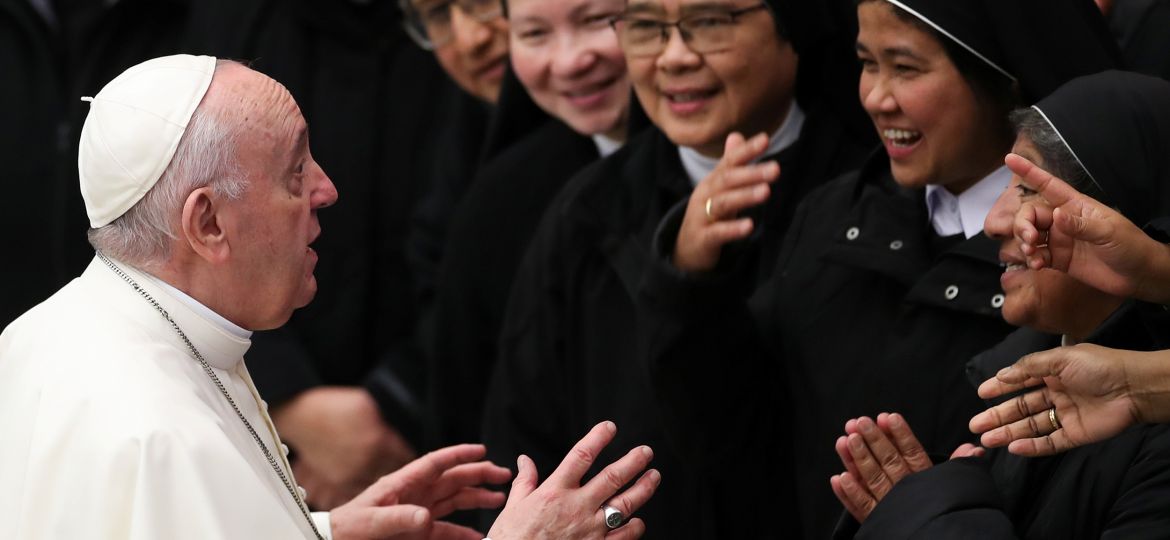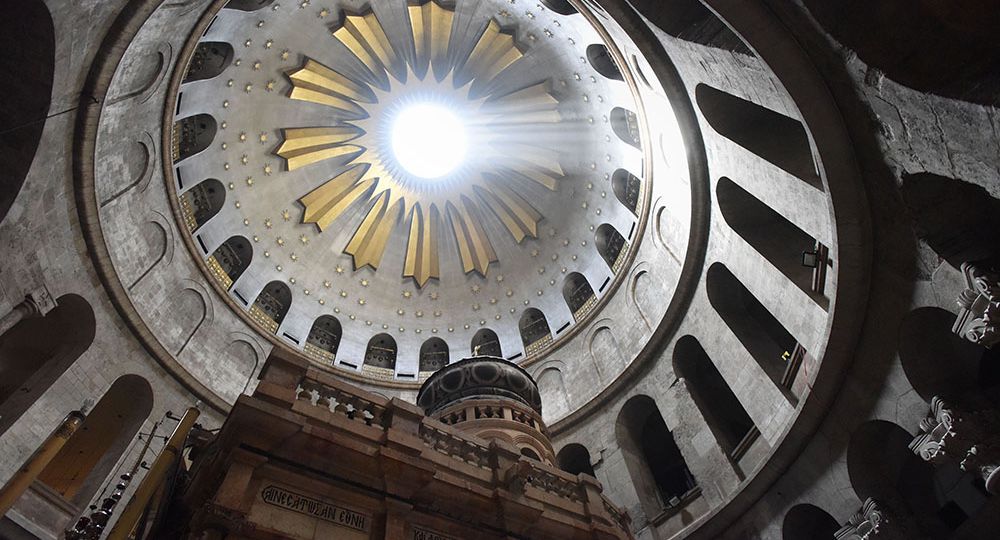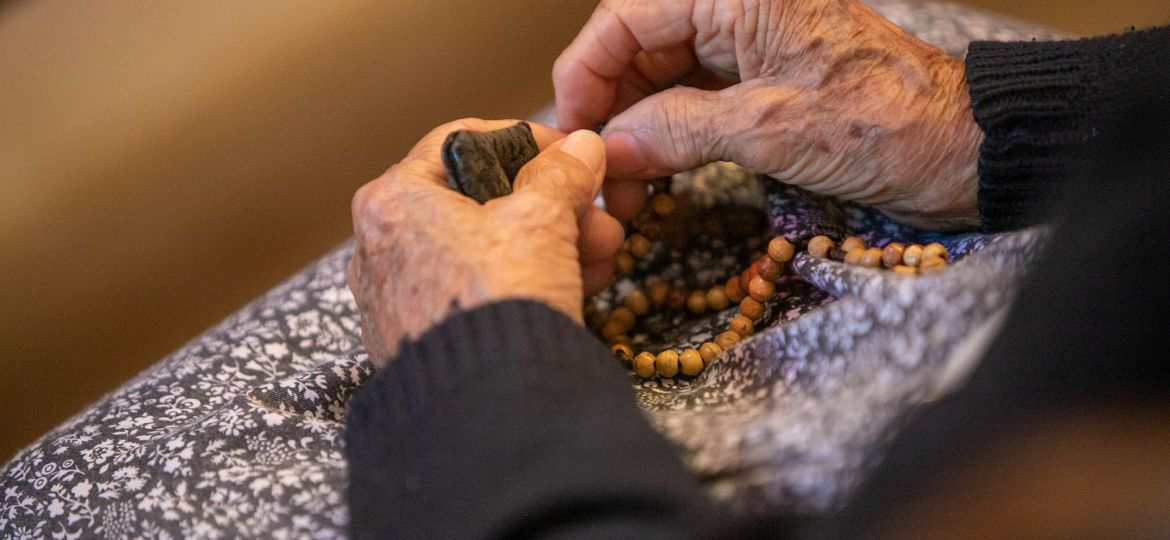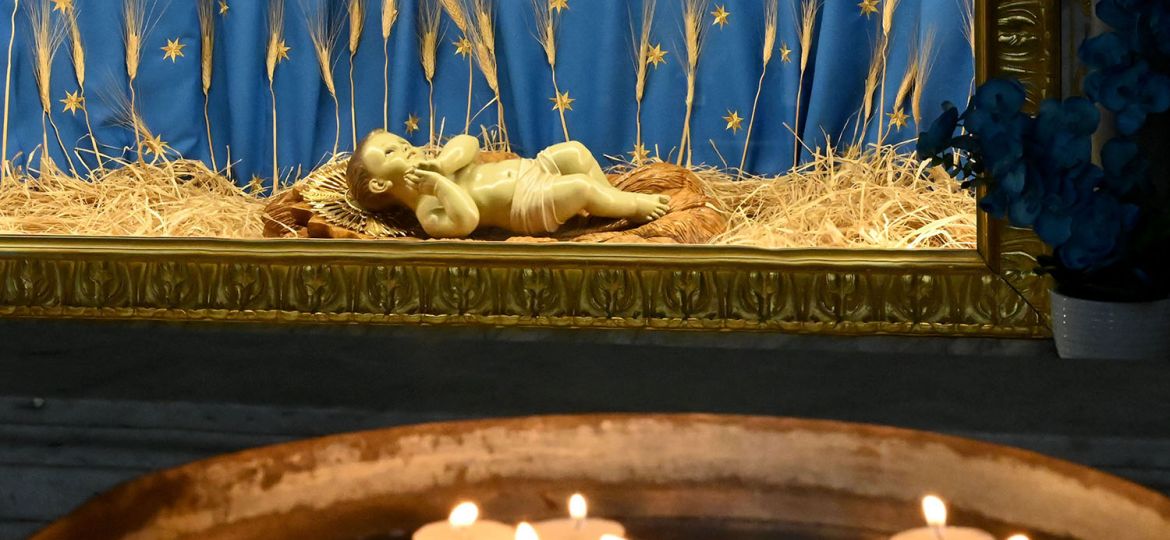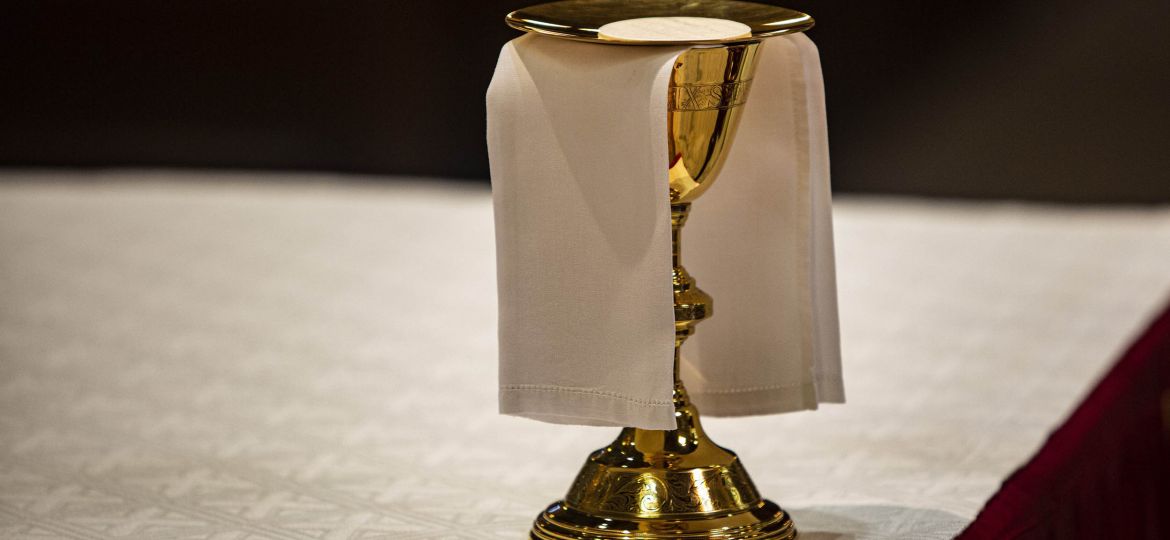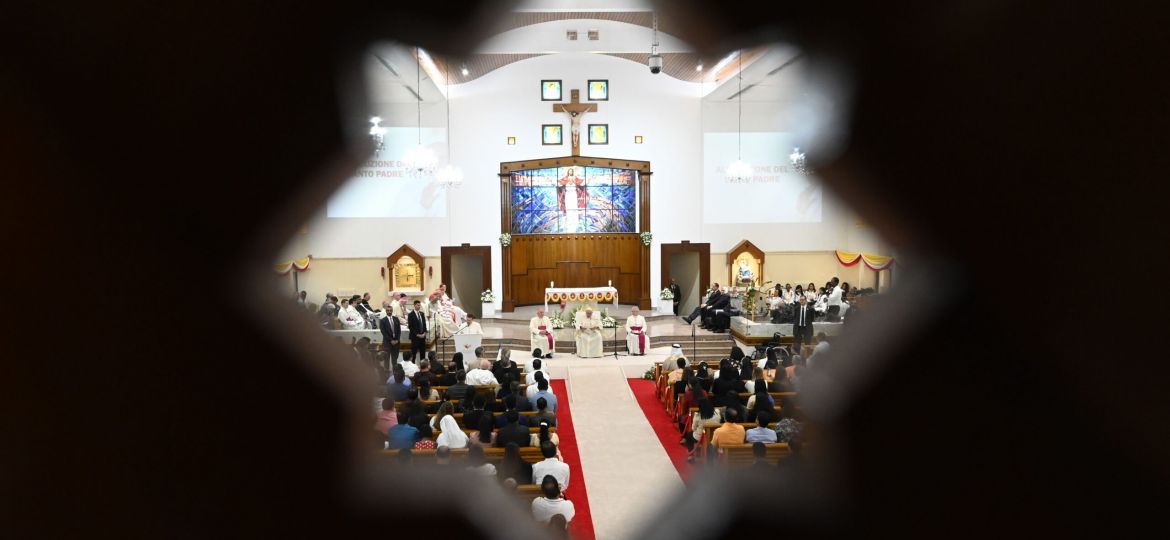When people die after long lives, we sometimes limit our sadness by turning their funerals into “celebrations of life” by sharing endearing stories about them, and sometimes we can even experience gratitude that the person is at rest after a difficult illness. But what do we “celebrate” for children who didn’t have much chance to live?
I recently accompanied a group of University of Dallas students and young alumni to the Holy Land, and I would like to share some musings about Christian faith and pilgrim feet based on that blessed experience.
Spring, according to custom, is a most suitable season for weddings; the abundance of freshly bursting flowers signals that creation rejoices in the beginning of a new life together. The Easter season, overlapping with spring, often features priestly ordinations; the abundance of Alleluia joy reverberates through cathedrals as men are uniquely consecrated for the Lord’s service. Every ordination conveys a jolt of hope to a diocese or religious order. The sight of new priests around their bishop signifies that the Lord continues to channel grace through chosen mediators who link believers today back to the Apostles.
Over two millennia of Church history, several standards of orthodoxy have served as the pillars on which a correct understanding of the Christian mysteries must be built. One of them is what I would call the incarnational principle: a proper acknowledgement of the goodness of the material world and the human body.
“Why should I be happy?” I wasn’t expecting such a snappy retort to my friendly question “Are you happy?”, even though the respondent was my scowling confrere Father Roch Kereszty. Never satisfied with facile and clichéd conversations, Father Roch always resisted the shallow and automatic answers we give to questions that are usually superficial, but can often contain profound depths.
We typically associate the word “invention” with modern scientific breakthroughs, brilliant and painstaking achievements by geniuses producing civilizational advancements and mastery over the forces of nature. Human ingenuity has produced astonishing developments, from the printing press to the combustion engine to the Internet, with new inventions, some of them promising to alter the very fabric of humanity, on the horizon.
I read a wonderful book recently that I think lots of people should read, especially science-minded people: Vestige of Eden, Image of Eternity by Daniel Toma. Dr. Toma is a geneticist at Minnesota State University, as well as a wide reader of Catholic theology from both the eastern and western traditions.
Whenever people ask me how they can prepare themselves spiritually for Christmas, I invite them to read the lyrics of Christmas carols as prayers. Specifying which carols to employ is important; I am not aware of any mystical symbolism behind “Frosty the Snowman,” and I have long been convinced that “All I Want for Christmas is You” is fundamentally unredeemable on the first listen, let alone the ninetieth on the Christmas radio station’s saccharine and secular playlist. But many of the traditional Christian carols were first sung in a liturgical setting, and therefore were designed to be vocal prayers. That is certainly the case with “O Come O Come Emmanuel.”
You may know the Church in America is promoting a National Eucharistic Revival. After a few years of grassroots initiatives, it culminates with a major event in July 2024. Check out eucharisticrevival.org for details. Why have a revival? As the authors of the website write, “Our world is hurting. We all need healing, yet many of us are separated from the very source of our strength. Jesus Christ invites us to return to the source and summit of our faith: his Real Presence in the Eucharist.”
A popular praise-&-worship song takes its title from the opening words of Psalm 89: “I could sing of your love forever.” The song stirs emotions to a blissful pitch of gushing adoration for the loving and healing God who allows us to lift our hands daily in tranquil praise of His never-failing mercy.

